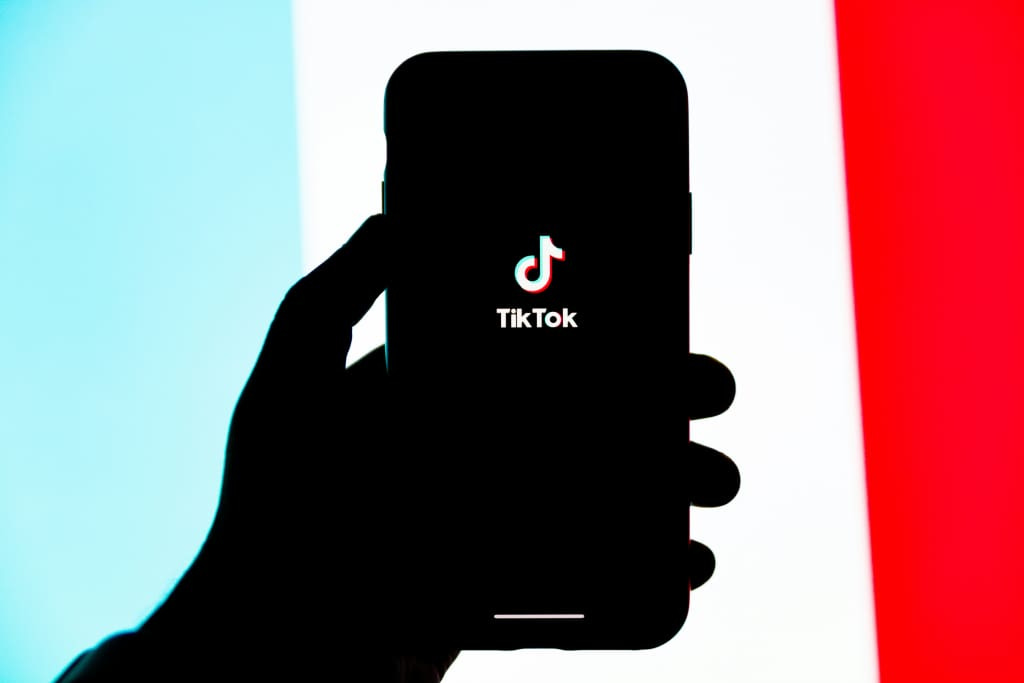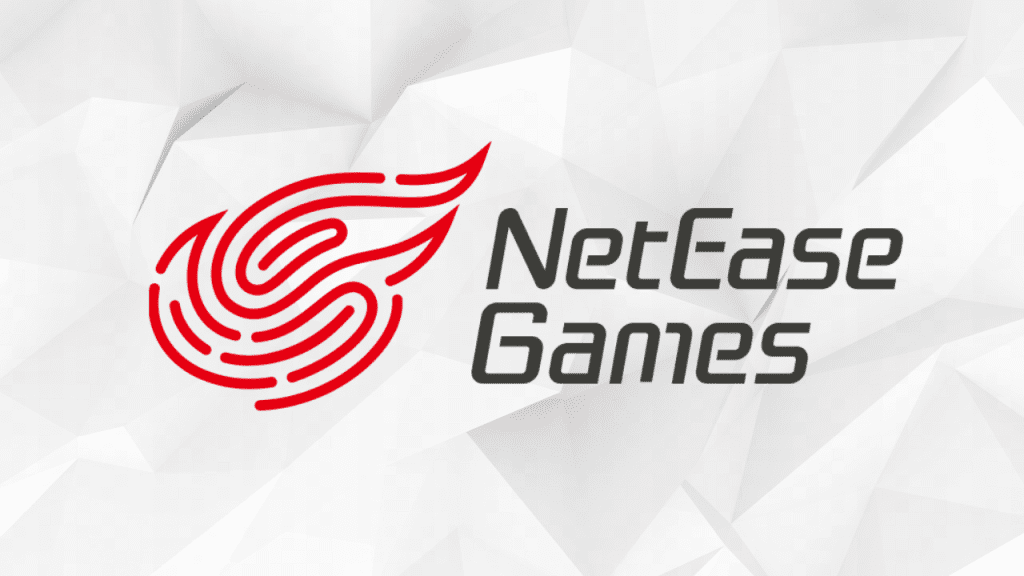Chinese video game companies are adapting their US strategies
The topic of US-China relations has been in focus over the past several years due to many factors, and more recently with the new proposed policies of the Trump Administration and geopolitics. There are knock-on effects for Chinese game companies (the topic of this article), and the global games industry. Recent developments, such as the uncertainty around the US TikTok ban, tariffs on Chinese goods, and strategy adjustments by Chinese companies are top of mind in 2025. In this article, we look at the impact of those developments and more on Chinese video game companies. For more information beyond our article, please see this VentureBeat article posted on February 19, 2025 in which Niko Partners is referenced, with quotes by Lisa Hanson.
How the TikTok ban impacts video games
Photo by Solen Feyissa on Unsplash
The Protecting Americans from Foreign Adversary Controlled Applications Act (PAFACA) went into effect on January 19, 2025, leading to TikTok’s removal from US app stores. While the act specifically targets TikTok, it also targets apps operated by ByteDance subsidiaries, such as Moonton and Nuverse, its two gaming brands. This led to the removal of popular games like Marvel Snap and Watcher of Realms from US app stores. While an executive order in January delayed PAFACA enforcement for 75 days, the future impact on ByteDance operated games is clear. Second Dinner, the US-based developer of Marvel Snap, has looked to mitigate the shutdown by switching its publisher to Skystone Games, a US-based publisher.
However, the broader implications of PAFACA remain concerning for Chinese game companies and global game companies with a Chinese publisher. The Act could apply to any app with over 1 million monthly active users that is deemed a national security risk and operated by a US foreign adversary, meaning Chinese companies could be forced to divest their US operations to comply. This puts companies like Tencent, who own Riot Games and hold a notable stake in Epic Games, at risk. Niko’s assessment is that the risk level is “low” for now, and the immediate impact will primarily revolve around global game developers examining their publishing partnerships with Chinese firms to avoid a situation like the one affecting Marvel Snap.
Importantly, regulatory scrutiny of Chinese game companies is not limited to PAFACA. The Committee on Foreign Investment in the United States (CFIUS) previously investigated Tencent in 2020 over its stakes in Riot Games and Epic Games, though this case has remained dormant since 2021. In early 2025, the US Department of Defense classified Tencent as a “Chinese military company” due to potential ties to China’s military-civil fusion strategy, which Tencent has denied. Additionally, the US Department of Justice raised antitrust concerns, prompting Tencent to remove two directors from the Board of Epic Games. This has led to Tencent and other Chinese gaming companies tempering their direct US investments in favor of studio expansions in Europe and Asia.
NetEase’s strategy shift is about the business needs plus geopolitics
Photo by NetEase
Recent layoffs at NetEase’s Seattle studio, which worked on the extremely successful Marvel Rivals, has also prompted speculation about whether Chinese game companies are pre-emptively downsizing their US operations due to geopolitical risks. While there is some truth to this, and Chinese game companies are more cautious in their approach to the US market, the full picture is more nuanced. In this specific case it’s worth noting that the core development team for Marvel Rivals is based in Guangzhou, China, and that this round of layoffs impacted less than a dozen employees who were working on the game in an R&D capacity in the US. The live service roadmap for Marvel Rivals is unaffected, indicating that NetEase is streamlining rather than abandoning its US operations.
NetEase aggressively expanded its overseas footprint between 2019 and 2023, opening and investing in numerous studios outside China with the aim to develop high-end PC and console games. 2024 marked a turning point, with the company shutting down or pulling funding from several overseas studios, including Ouka Studio in Japan, Worlds Untold in Canada, and Jar of Sparks in the US. SkyBox Labs in Canada and Liquid Swords in Sweden, both backed by NetEase, have also experienced staff cuts. NetEase’s recent decisions regarding its overseas investments and studio operations reflect a broader recalibration of its global strategy, driven by multiple factors. This change in strategy has impacted both US based studios and non-US based studios.
One of the major turning points for this shift in strategy at NetEase, which has also influenced other Chinese game companies to examine their own strategies, was the launch of Black Myth: Wukong in August 2024. Developed by Game Science, a small Chinese indie studio of fewer than 150 employees created the bestselling premium game of 2024, on a $70 million budget. The success of Black Myth: Wukong challenged the industry’s assumption that only Western or Japanese AAA studios could produce globally competitive PC and console titles. Similarly, Chinese developed live service titles such as Genshin Impact, Naraka Bladepoint, and Wuthering Waves have shown that existing development expertise in the mobile F2P segment can be extended to PC and console platforms successfully.
NetEase, as well as Tencent and others, invested heavily overseas in the past 5+ years as part of a strategy based on a belief that in order to serve global players in the AAA PC and console video game market segment the companies would need to expand operations overseas as well. The Chinese behemoths opened or invested in numerous studios around the world to chase that global audience, bringing on experts with AAA game development experience. However, the high costs, long development cycles, and operational challenges faced both by these new studios and legacy overseas studios during the past few years after the pandemic boom period has led to diminishing returns. In contrast, domestic Chinese studios have shown they can achieve comparable or greater success with smaller teams, lower budgets, and faster development times. Therefore, streamlining operations overseas helps reduce costs and shorten development cycles, and NetEase is now following a new strategy both for these reasons and to mitigate risk from US-China policy changes.
Summary:
While geopolitical concerns and cost pressures after two challenging years for the global video game industry are driving Chinese game companies to re-evaluate their US operations, this does not signal a withdrawal from operating and investing in studios overseas. It instead reflects a more selective and strategic approach to overseas investments, prioritizing projects with clear market potential – a business and fiscally driven strategy. It’s also important to note that not all Chinese companies are following the same path that NetEase took over the past year. Tencent, for example, continues to expand its presence in Europe and Asia, but the due diligence bar for investment is now higher.
While Chinese game companies are reorienting their approach, South Korean game companies and Saudi Arabia’s Savvy Games Group have stepped up their investments in overseas studios, and new gaming funds are raising money to invest in the future of games. The video games industry remains global, and shifts will continue to occur, as is true in the economy overall.
Niko Partners offers a number of reports and services to stay up to date on the China video game market:
NikoIQ: Stay up to date on game approvals, the top internet café games, esports tournaments and all the latest news and analysis on the China games market.
China Games & Streaming Tracker: Track games, streamers, fans, tips, and more across China’s leading game live streaming platforms.
China Games Market Report Series: Get access to our three-part report series that includes our market model and five year forecast, gamer survey insights, and market analysis.




